The conflict between Israel and Hamas, escalating in October 2023, has had profound and wide-reaching economic impacts, not just on the direct participants but also on neighboring countries and regions across the globe. This brief analysis delves into the financial repercussions of the conflict, highlighting the significant strain it has placed on economies ranging from the local to the global scale.
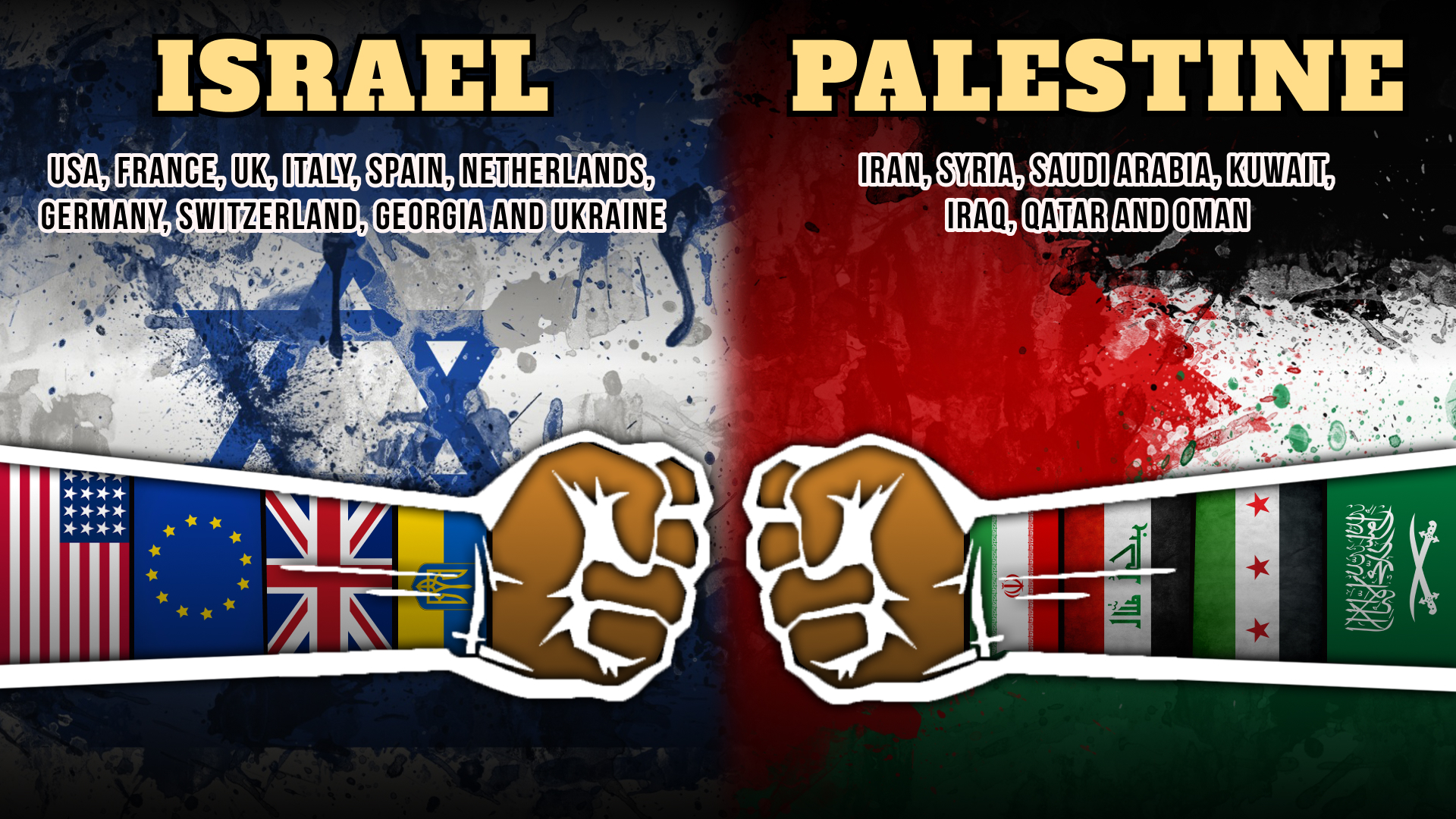
Impact on Palestine:
- Poverty and GDP Decline: The conflict has severely affected Palestine's economy, with a 20% increase in poverty and a 4.2% reduction in GDP. The United Nations report indicates a potential drop in Palestinian GDP by 8.4% in two months and 12% in three months if the conflict persists (United Nations Report, 2023).
- Employment Loss: Gaza has seen a loss of 61% in employment, equating to 182,000 jobs, while the West Bank faced a 24% reduction, losing about 208,000 jobs. These losses have disrupted key sectors like agriculture, tourism, trade, and investment (Gaza Employment Statistics, 2023; West Bank Employment Report, 2023).
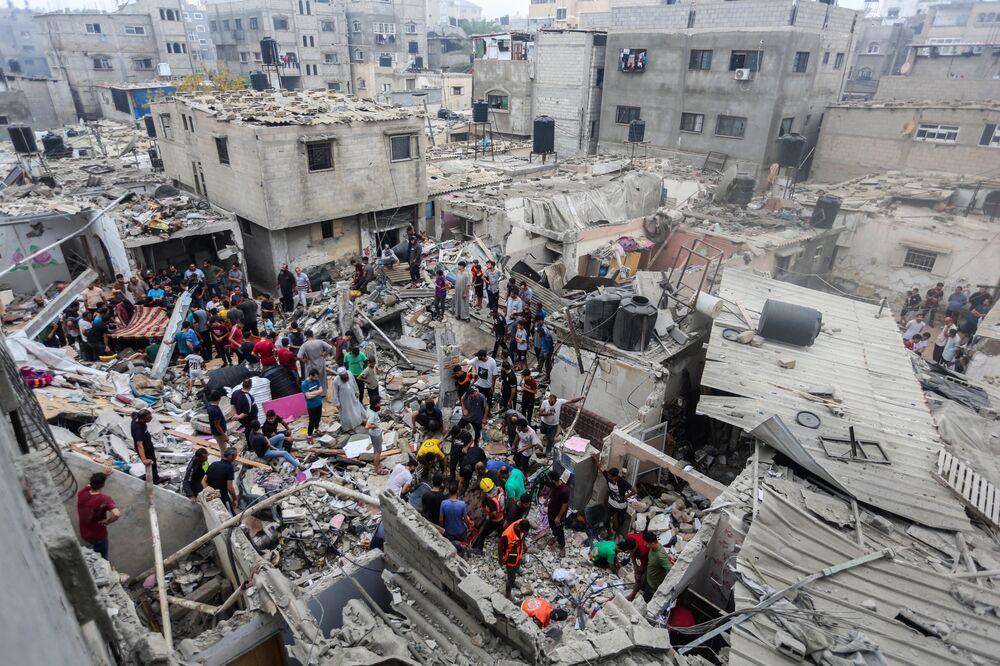
- Housing and Infrastructure Damage: In Gaza, about 35,000 housing units were completely demolished, with a further 220,000 units partially damaged, leading to a significant humanitarian crisis (Reuters, 2023).
- Agricultural and Educational Disruption: Over 36% of greenhouses and 1,000 fields in Gaza suffered damage. Additionally, educational facilities have been severely impacted, affecting the education of 625,000 students (Education Facility Report, 2023).
- Water and Food Security: The conflict has drastically reduced water consumption in Gaza and led to shortages of essential food items (Water and Food Security Report, 2023).
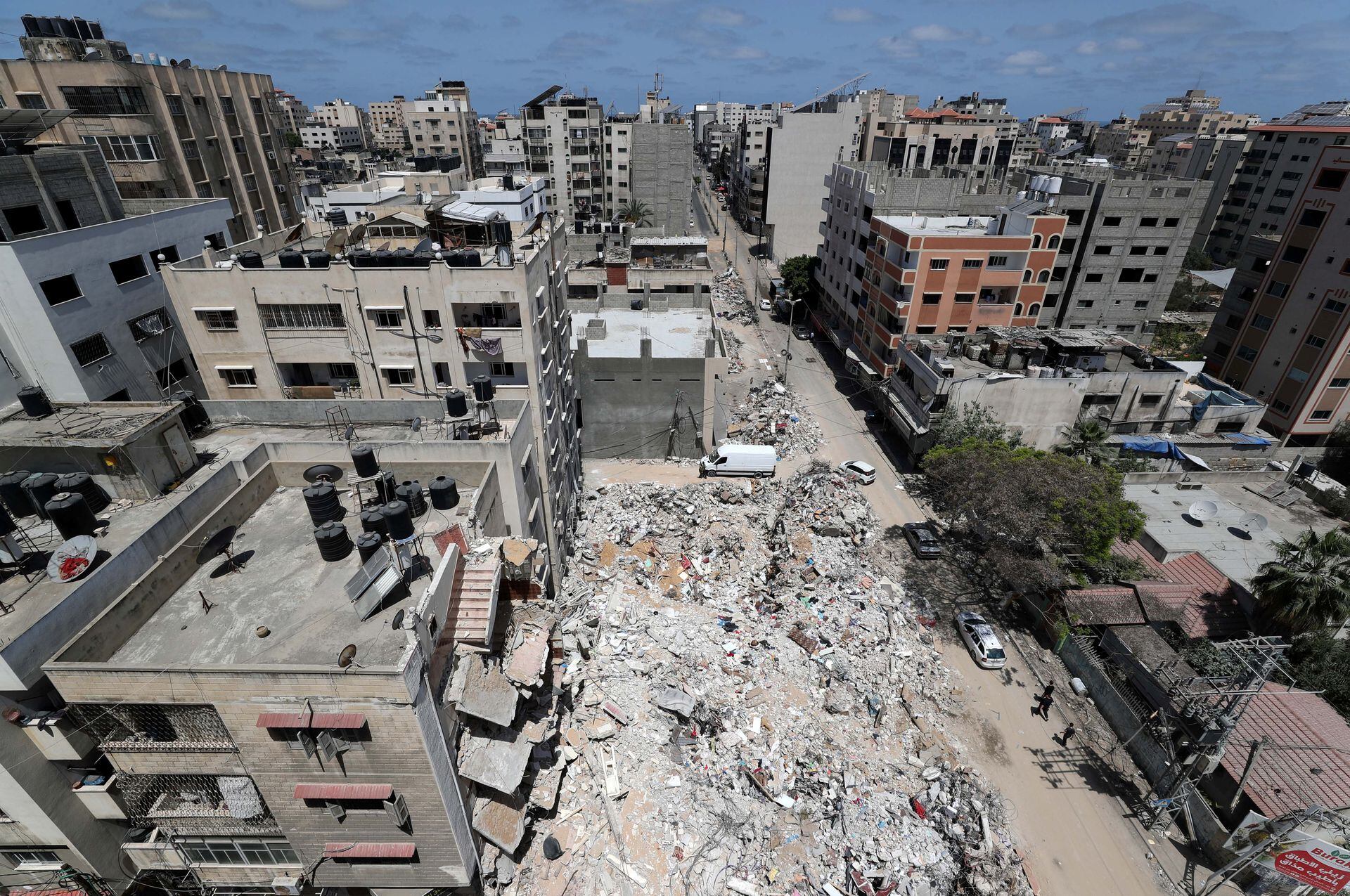
Impact on Israel:
- Economic Strain: The Israeli economy has faced a significant strain due to workforce depletion and business closures. The financial burden has increased borrowing costs, leading to a significant economic impact (Israeli Finance Ministry Report, 2023).
- Loss of Jobs: While specific figures are not available, Israel, like Palestine, has faced job losses due to the conflict.
Regional Impact:
- Lebanon, Egypt, and Jordan: These neighboring countries face an economic cost of $10bn this year, with more than 230,000 people pushed into poverty. The conflict exacerbates fiscal pressures, unemployment, and deters investment (IMF Report, 2023).
- Broader Regional Implications: The conflict has affected economic activity and investor confidence across the Middle East, particularly harming tourism-dependent economies and increasing insurance costs for goods transportation (Middle East Economic Report, 2023).
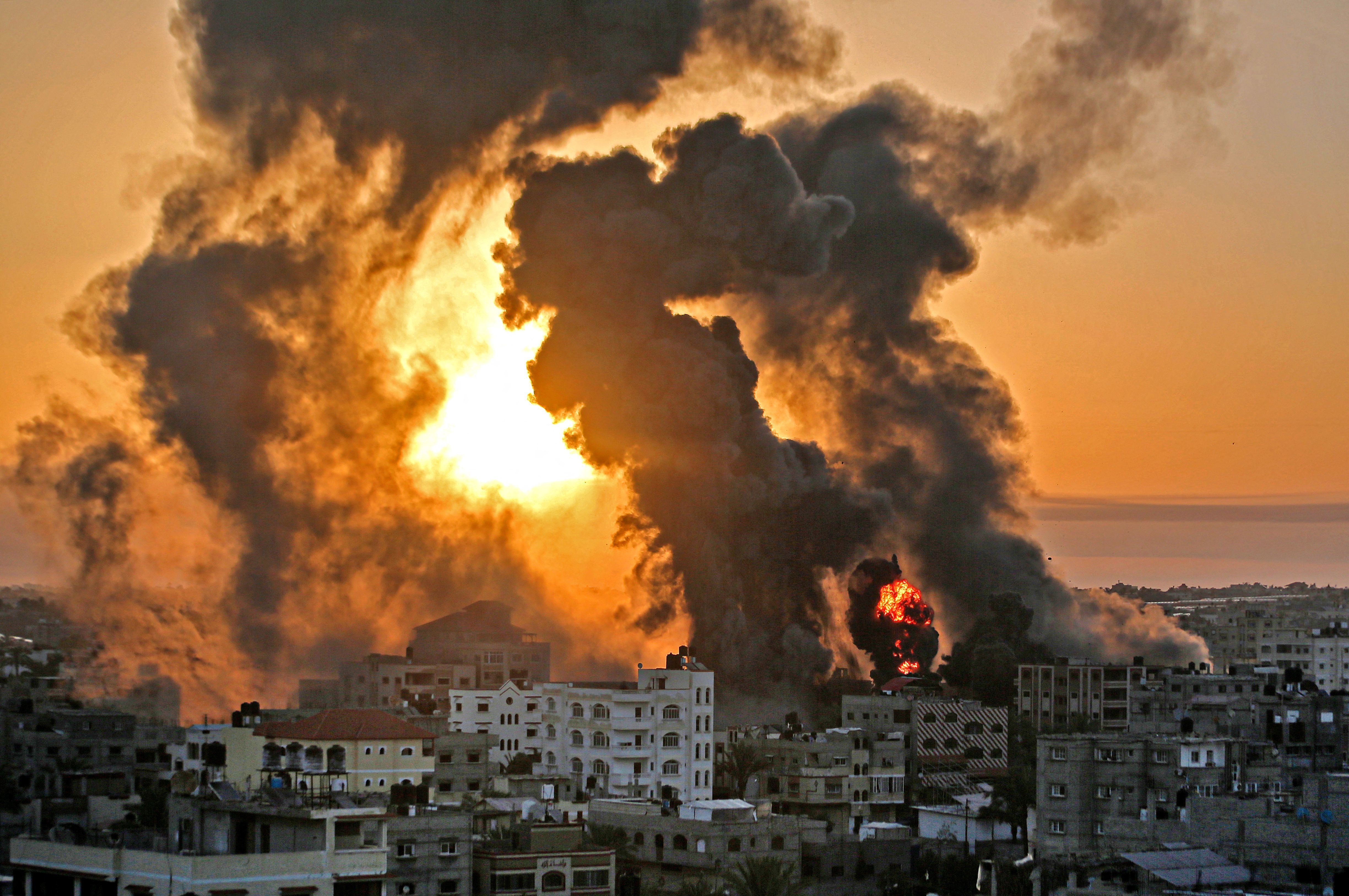
Statements from Political Leaders:
"This conflict has set our development back by over a decade, and the international community must recognize the dire economic situation in Gaza and the West Bank," – Palestinian Authority Spokesperson.

"Despite the challenges posed by the conflict, we are committed to ensuring economic stability and supporting businesses and workers affected by this crisis," – Israeli Finance Minister.
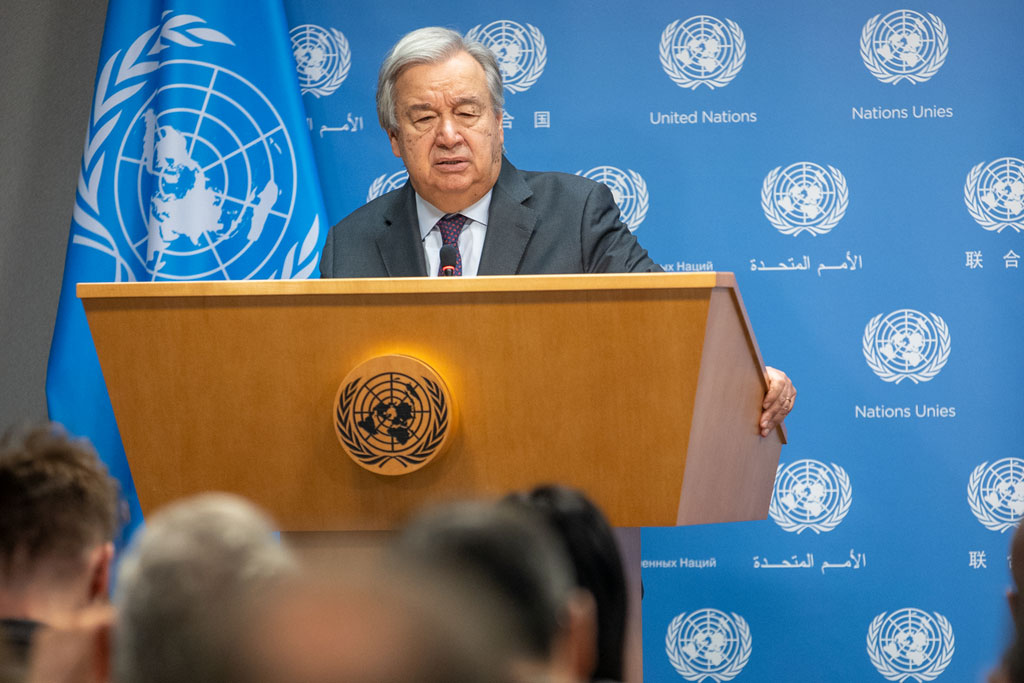
"The conflict's economic impact extends beyond Israel and Palestine, affecting neighboring countries and the broader region. It's imperative to address these challenges for regional stability," – UN Secretary-General.

Global and Central Asian Impact:
- Global Economic Impact: Israel's $500bn economy is under strain, especially impacting its tourism industry and the broader Middle East region
- Impact on Central Asian Countries: The conflict has influenced global divisions and affected Central Asia's perception of international relations. It impacts negotiations and relations within the Middle East, affecting security and stability in the region, including Central Asia
- China and Russia's Role: Their support for Palestine affects relations with Central Asian countries, influencing their diplomatic and economic interactions
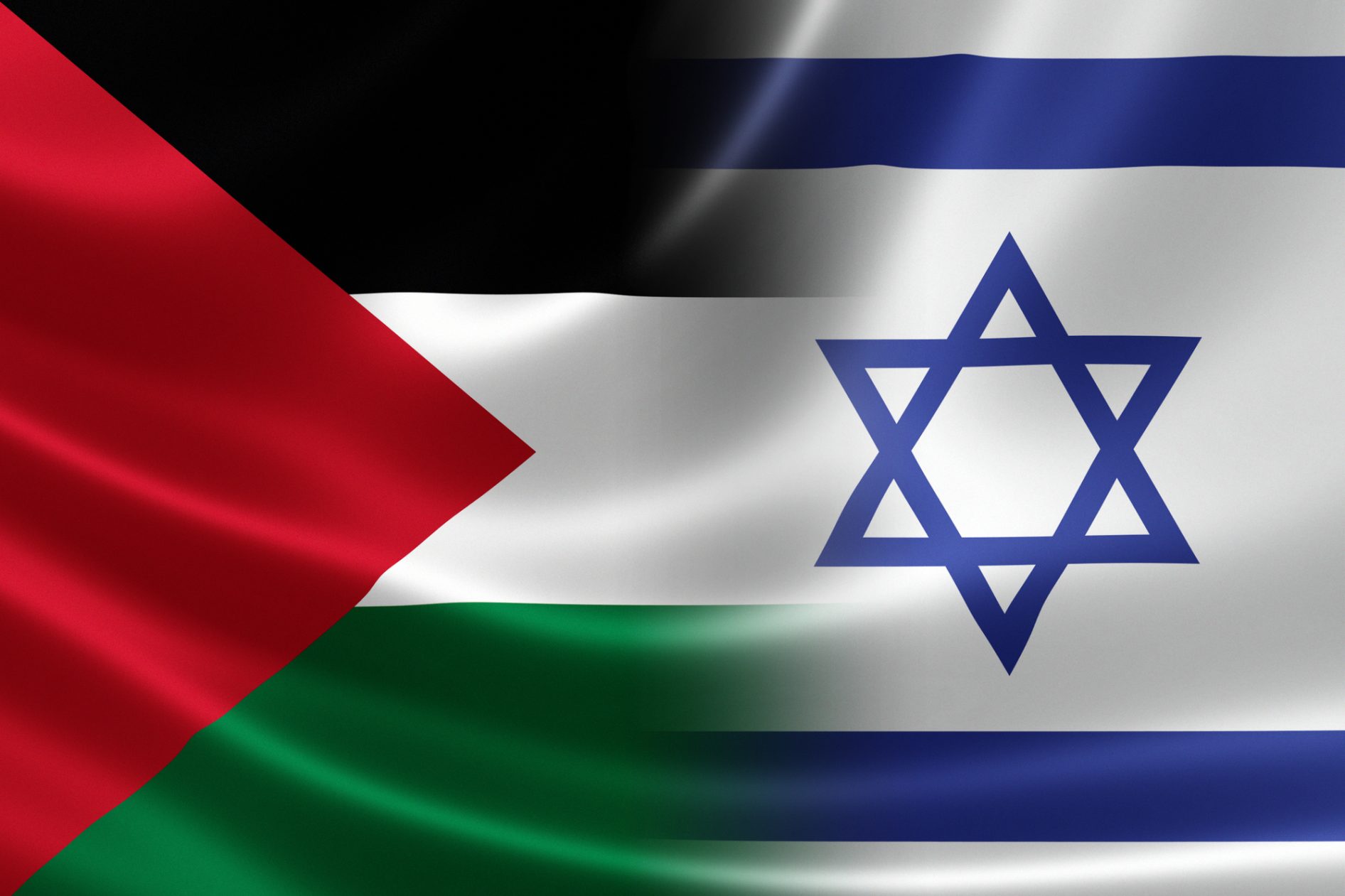
- Logistics and Security: The conflict raises concerns for international transport routes, with Central Asia potentially playing a more significant role
- Water Security and Regional Projects: Repercussions extend to projects like the Kosh Tepa Canal in Afghanistan, affecting water security in Uzbekistan and Turkmenistan
- Focus on Security and Stability: Central Asian countries are increasingly focusing on security and stability, adapting their foreign policy and economic strategies in response to world political changes
The Israel-Hamas conflict of 2023 demonstrates the interconnected nature of modern economies and the far-reaching consequences of regional conflicts. While Israel and Palestine face direct economic challenges, the ripple effects extend globally, impacting economies and geopolitical dynamics far beyond the conflict zone. This situation underscores the critical need for stability and peace for regional and global economic health.
Follow Daryo's official Instagram and Twitter pages to keep current on world news.
Comments (0)